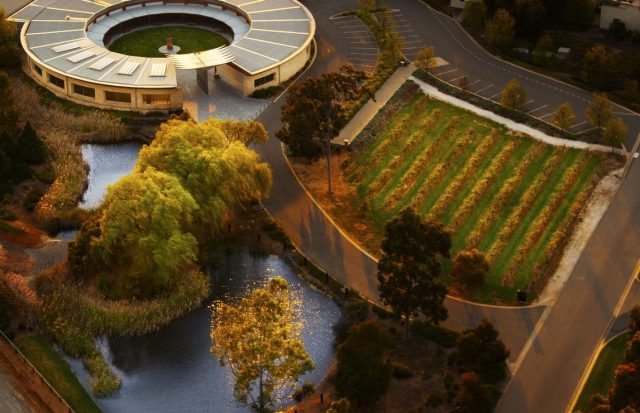This website uses cookies so that we can provide you with the best user experience possible. Cookie information is stored in your browser and performs functions such as recognising you when you return to our website and helping our team to understand which sections of the website you find most interesting and useful.
Treasury to sell Wolf Blass and Blossom Hill
One of Australia’s largest winemakers Treasury Wine Estates (TWE) has announced plans to sell off some of its cheaper labels, including Wolf Blass and Blossom Hill, as it moves to a model of premiumisation.

In an announcement, the company said it was planning on divesting the brands in its commercial division, which include Blossom Hill, Wolf Bass and Lindeman’s.
TWE said in the statement to the Australian Securities Exchange that it would divest the brands, which also includes Yellowglen, through a non-cash impairment charge of AU$290m after tax in its full year results.
In financial terms, the four brands only represent less than 5% of the group’s net profits in the last financial year.
Higher price
Instead, it will now focus on its premium wine collection, including Penfolds, 19 Crimes, Wynns and Squealing Pig, which it sells at a higher price point.
The statement from TWE said that the move was the result of “challenging market conditions” for commercial wine, “across all markets”, and the “underperformance of brands relative to the category at these commercial price points”.
It added that the “adverse trends” had been offset by the benefits of its strategic focus to “premiumise its portfolio”, where it has delivered a three-year NSR CAGR of 10% for these priority brands.
The news follows an announcement in February this year that it said it was assessing its future operations for its premium brands portfolio. As a result, it is now divesting the commercial products, and it also said that it will provide investors with an update on its future model for the premium brands at its full year results at the end of August.
Determination
In an interview in April with the Australian Financial Review, the chief executive of TWE, Tim Ford, said the company has an internal deadline of the end of this year to sell-off, or de-merge into a separate company, the group’s less expensive brands.
This would leave TWE operating at the premium and super-premium end of the price spectrum.
A spokesperson for the producer told db: “As announced to the market at our interim results in February, we are assessing the future operating model for our global portfolio of premium brands, with a determination to be made during this calendar year.”
With the accelerating global trend for consumers to shift upmarket at the expense of low-profit commodity wines, separating that part of the business would concentrate Treasury’s efforts on its premium wines range and especially the lucrative Penfolds label.
About 75% of the company’s profits come from the Penfolds business and a luxury wine portfolio in the United States, which he expanded last year with the $AU1.6 billion acquisition of Daou Vineyards.
Shares have also surged in TWE in recent months.
Full circle
The company has now also come almost full circle from 20 years ago.
Until 2005 Penfolds was part of Southcorp, then Australia’s biggest wine group producing some 30 per cent of the country’s wines by value.
That was taken over by the Fosters beer giant for almost AU$ 4 billion. That didn’t work for Fosters, and its wines arm foundered.
In 2011 Fosters was sold to South African Breweries with the wines division becoming a separate company under the Treasury banner.
Related news
The Drinks Trust welcomes five new trustees to its board

